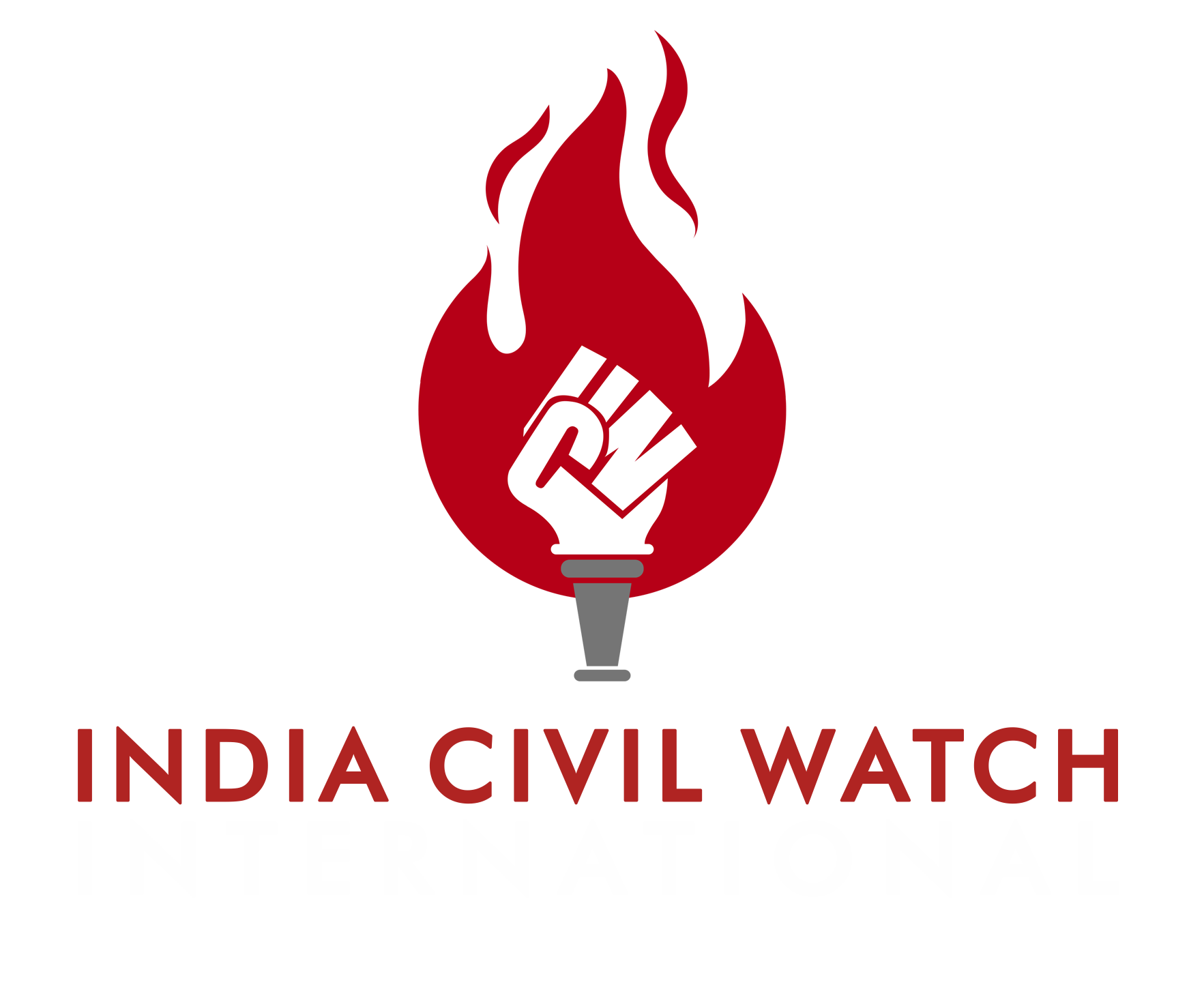Ambedkar King Study Circle, California, USA
| PLEASE SIGN AND ADD YOUR VOICE TO THIS STATEMENT by Wed, Aug 5 9:00 PM PDT! [Sassy_Social_Share] |
Click to see the current list of signatories -[wpforms_entries_count id=”1797″ number = “99999”] have signed!
On June 30, the State of California’s Department of Fair Employment and Housing (DFEH) sued Cisco Systems – a major supplier of computer networking gear that makes the internet work – indicting the company of discriminating against an engineer because he is Dalit (formerly “untouchables”). This statement from Ambedkar King Study Circle seeks solidarity from media, technology, academic community and industry professionals to end caste-based discrimination and practices in the US.
We the undersigned welcome that the State of California has sued Cisco Systems for allowing its employees to practice caste at the workplace. This incident illustrates both – the casual and commonplace presence of everyday caste-based practices at the workplace, and the more conscious practice of caste discrimination pervasive in the US amongst Indian Americans, Indians and South Asians.
According to Silicon Valley Institute for Regional Studies in 2018, there were more high-skilled workers in Silicon Valley from India (25%) than from China (15%); California (16%); or from the rest of the country (16%). We, therefore, urge, all tech-corporations in Silicon Valley to be sensitive to caste practices and caste-based discrimination at their workplaces and ensure appropriate policies and protections are in place to guarantee safe and dignified working environment to all Dalit and so-called “low” caste employees.
At the moment, US employment law does not bar caste-based discrimination. We request the California State agency to seize this opportunity to have legal protection in place to protect Dalit and other so-called “low” caste employees.
According to DFEH, a Dalit employee suffered discrimination and harassment at the workplace once his dominant caste colleague “outed” him. The complex of trauma, humiliation, devaluation of self-worth, and perpetuation of caste stereotypes (especially against Dalits) – has severe impacts on workplace conditions, the right to dignity and commitment to diversity as a bulwark of modern organizations. The last names of the alleged harassers – Iyer and Kompella – are also their dominant caste names.
As per DFEH, Iyer “outed” the Dalit employee by telling colleagues that the victim enrolled at the prestigious Indian Institute of Technology through affirmative action – a claim that includes the connotation that affirmative action is inherently devoid of “merit”. This consequently shaped the actions of Iyer and his so-called “upper caste” colleagues, and the successive line manager. They allegedly proceeded to harass the victim and assigned unrealistic tasks to set him up for failure.
Caste is a hierarchical category based on pre-set social identities of birth and ancestry or descent. In its historical origins, caste has a close relation to occupation and exploitation. This nexus continues with some changes in modern times. The most excluded caste groups now self-identify as Dalits.
Dominant caste groups, for centuries, forcibly assigned occupations to Dalits and stigmatized those occupations. This stigma continues even after Dalits move outside of caste-affected societies and find new professions such as engineers in Silicon Valley. In the words of one of India’s foremost modern public intellectuals, chief drafter of the Indian Constitution, the most influential leader of Dalits in the 20th century, and an economist, anthropologist and philosopher – Dr B.R. Ambedkar: “the caste system is not merely a division of labour. It is a division of labourers.” In the minds of oppressors, the Dalit victim did not and should not belong to that workplace.
We now know that the victim had filed complaints as early as in November 2016 to the Cisco Human Resources (HR) department about the discriminatory behaviour of his dominant caste line managers. However, Cisco HR did not act on these complaints on the ground that caste discrimination was not unlawful in the US. We, therefore, appeal to all American companies, including those in Silicon Valley to be sensitive to ubiquitous caste practices and caste-based discrimination. We urge them to recognize caste, as operating similarly to race and gender as a source of discrimination and harassment and incorporate caste practices as an unfair and punishable practice in their Human Resource policies.
Executive Committee, Ambedkar King Study Circle. Thank You.
July 13, 2020
San Jose, California
Co-Sponsors
Boston Coalition (BC)
Coalition of Seattle of Indian-Americans (CSIA)
Global Indians Progressive Alliance (GIPA)
India Civil Watch International (ICWI)
Ambedkar Association of North America (AANA)
About AKSC:
Established in October 2016, Ambedkar King Study Circle (AKSC) exists to challenge caste, class, race, gender and religious oppression and oppressors on ideological, political and social fronts. Our aim and strategy are to Educate, Organize and Agitate.
AKSC believes that the struggle and liberation of one oppressed group are inextricably linked with the united battle and freedom of all other oppressed groups. AKSC believes that liberation from various forms of oppression is possible by working in solidarity with other discriminated groups and launching the united battle against all oppressors.
